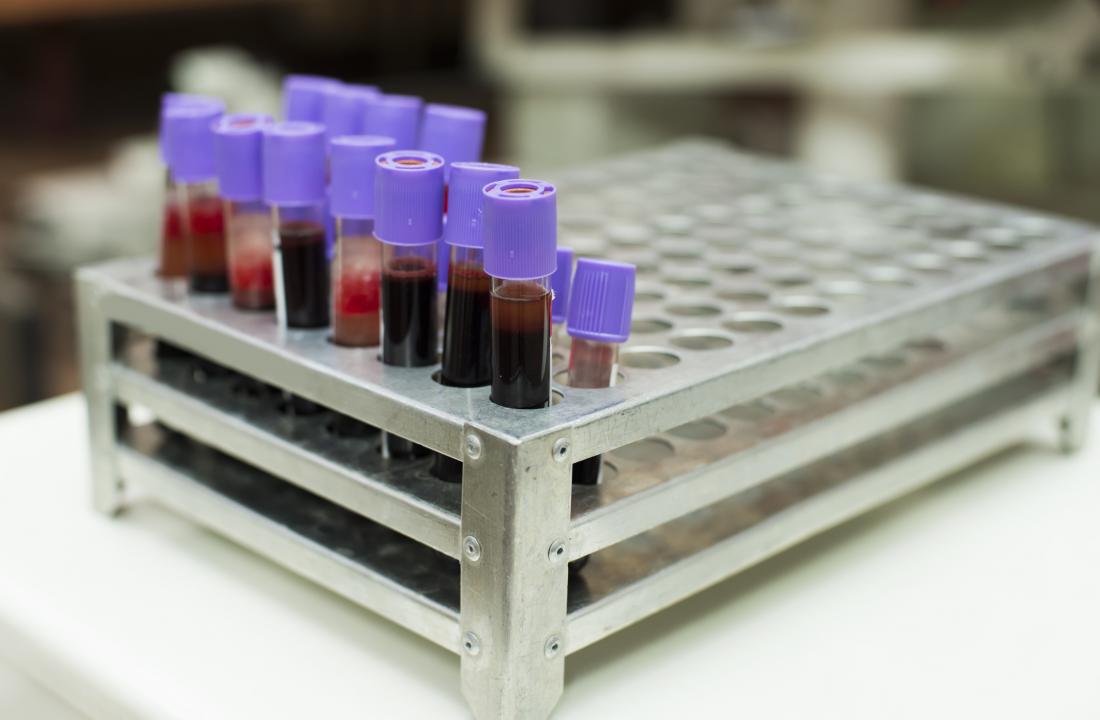
A new paper looks at the link between hemoglobin and dementia risk.
Hemoglobin is a protein present in red blood cells.
It is responsible for carrying life giving oxygen from the lungs to the rest of the body.
Low levels of hemoglobin normally signify anemia.
Anemia is one of the most common blood disorders; worldwide, it affects an estimated 1.62 billion people.
Low hemoglobin levels are linked to a number of adverse health outcomes, including stroke and coronary heart disease. However, there is little information regarding how hemoglobin levels might relate to the risk of dementia.
Anemia and dementia
Recently, researchers from the Erasmus Medical Center in Rotterdam, the Netherlands, decided to look for links between hemoglobin levels, anemia, and dementia. They published their findings this week in the journal Neurology.
Earlier experiments had found an association between anemia and dementia, but most studies only followed participants for an average of 3 years.
Because of the relatively short duration of these investigations, subtle changes in behavior, diet, or metabolism during the early phases of dementia (befoe diagnosis) might explain the association they found.
The researchers decided to extend this time frame to develop a clearer picture.
In all, they took data from 12,305 individuals with an average age of 65. None of the participants had dementia at the start of the study. The scientists checked their hemoglobin levels at the beginning of the trial, and 6.1% of the participants (745 people) had anemia.
In males, anemia rates increased with age, but in females, anemia was most common before menopause.
During the 12-year follow-up period, 1,520 of these individuals developed dementia.
The researchers also had access to brain scans of 5,319 of the participants. This allowed them to assess blood flow throughout the brain, signs of vascular disease, and connectivity between brain regions.
Significant increase in risk
During their analysis, the scientists accounted for a range of variables that might skew the results. These included age, sex, smoking, alcohol consumption, body mass index (BMI), diabetes, kidney function, and cholesterol levels.
The scientists found that people with high and low hemoglobin levels had an increased risk of dementia compared with individuals with mid range levels. The authors write
When the scientists analyzed the MRI data, they found a parallel correlation. People with higher and lower levels of hemoglobin had a greater number of lesions in their white matter and reduced connectivity between brain areas.
The researchers also showed that individuals with anemia were 45% more likely to have at least one microbleed than those without anemia. Microbleeds are tiny brain hemorrhages, most "likely caused by structural abnormalities" in blood vessels. Having more microbleeds is associated with cognitive decline and dementia.




沒有留言:
發佈留言